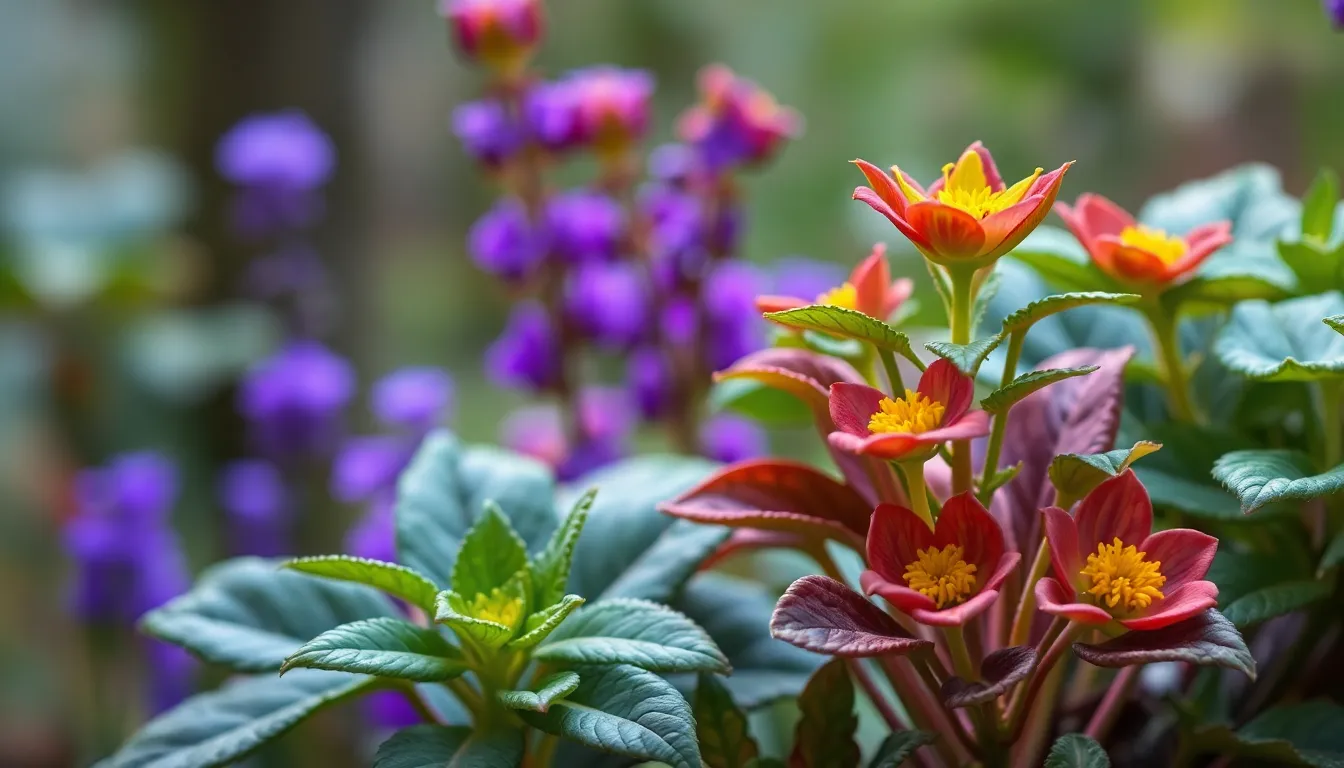The Truth About Plant Myths: What Every Gardener Should Know
Introduction to Plant Myths
In the world of gardening, myths abound, often passed down through generations or propagated by well-meaning enthusiasts. Plant myths are misconceptions or oversimplified ideas about plant care that can hinder a gardener’s success. These myths can range from the belief that all plants thrive in full sunlight to the assumption that organic pesticides are entirely safe. Debunking these myths is crucial for cultivating healthy plants and achieving a thriving garden. By understanding the truths behind these misconceptions, gardeners can make informed decisions that promote plant health and productivity.
Myth 1: All Plants Need Full Sunlight
One of the most pervasive myths in gardening is that all plants require full sunlight to thrive. In reality, different plant species have varying light requirements. While some plants, like tomatoes and sunflowers, flourish in direct sunlight, others, such as ferns and hostas, prefer shady environments.
To identify shade-tolerant plants, consider the following tips:
- Look for plants labeled as shade or partial shade tolerant in gardening centers.
- Observe the natural environment where plants grow; many native plants thrive in shaded areas.
- Understand the different types of shade: full shade, partial shade, and dappled sunlight.
Myth 2: Coffee Grounds are Always Beneficial for Plants
Coffee grounds are often touted as a miracle amendment for the garden. While they can provide some nutrients, they also have implications for soil pH and nutrient levels. Coffee grounds tend to be acidic, which can affect the growth of plants that prefer neutral or alkaline soils.
To use coffee grounds responsibly, consider the following recommendations:
- Test your soil’s pH before adding coffee grounds to ensure compatibility.
- Mix coffee grounds with other organic materials to balance pH levels.
- Apply them sparingly; too much can lead to nutrient imbalances.
Myth 3: You Can Water Your Plants Once a Week and Be Done
Many gardeners believe that a weekly watering schedule is sufficient for all plants. However, this myth overlooks the importance of soil moisture levels and the specific needs of different plant types. Factors such as climate, soil type, and plant size all contribute to how often plants need watering.
Strategies for effective watering techniques include:
- Check soil moisture regularly with your finger; if the top inch is dry, it’s time to water.
- Water deeply to encourage strong root growth, rather than shallow watering.
- Consider using mulch to retain soil moisture and reduce evaporation.
Myth 4: Organic Pesticides are Completely Safe
While organic pesticides are often perceived as harmless, this myth can lead to complacency. Organic does not always mean safe; many organic pesticides can be harmful to beneficial insects, pets, and humans if misused.
To ensure safe application of organic pesticides:
- Read and follow the label instructions carefully.
- Apply pesticides during calm weather to minimize drift.
- Use targeted applications rather than blanket spraying to protect non-target species.
Myth 5: Mulching is Only for Aesthetic Purposes
Mulching is often seen as merely an aesthetic choice for gardens, but its benefits go far beyond looks. Mulch serves several important functions, including:
- Moisture retention: It helps keep soil consistently moist.
- Weed suppression: A good layer of mulch can significantly reduce weed growth.
- Temperature regulation: It keeps soil temperatures stable, protecting roots from extreme heat or cold.
Types of mulch and their specific advantages include:
- Organic mulch (e.g., wood chips, straw): Improves soil quality as it decomposes.
- Inorganic mulch (e.g., gravel, landscape fabric): Provides long-lasting weed suppression without adding organic matter.
Myth 6: All Weeds are Bad
The belief that all weeds are detrimental to gardens is a common misconception. In truth, certain weeds can provide ecological benefits, such as attracting beneficial insects or improving soil health. For example, clover can fix nitrogen in the soil, enhancing fertility.
To manage beneficial weeds in the garden:
- Identify which weeds are beneficial and which are harmful.
- Incorporate beneficial weeds into your garden design as companion plants.
- Practice mindful weeding to maintain balance without completely eliminating all weeds.
Myth 7: Fertilizers are Always Necessary for Healthy Plants
Many people assume that fertilizing is essential for healthy plant growth. However, this myth overlooks the importance of soil health and natural nutrient cycles. Healthy soil often provides sufficient nutrients for plants without the need for chemical fertilizers.
When and how to use fertilizers effectively:
- Conduct a soil test to determine existing nutrient levels before applying fertilizers.
- Choose organic fertilizers to promote soil health and biodiversity.
- Apply fertilizers during the growing season when plants can utilize them effectively.
Myth 8: Indoor Plants Don’t Need as Much Care as Outdoor Plants
It is a common misconception that indoor plants are less demanding than their outdoor counterparts. While indoor plants may face different challenges, they still require diligent care and attention.
Tips for maintaining indoor plant health include:
- Monitor light levels, as indoor lighting can be less intense than outdoor light.
- Adjust watering schedules based on humidity levels and indoor climate.
- Regularly check for pests and diseases, as indoor plants can be susceptible to infestations.
Conclusion: Cultivating Knowledge for Successful Gardening
Understanding the truths behind common gardening myths is vital for cultivating a successful garden. By debunking misconceptions about sunlight, watering, soil health, and plant care, gardeners can make informed decisions that lead to thriving plants. Ongoing learning and experimentation in gardening practices will not only enhance your gardening skills but also deepen your connection to the natural world. Embrace the journey of gardening with knowledge and curiosity, and watch your garden flourish.




